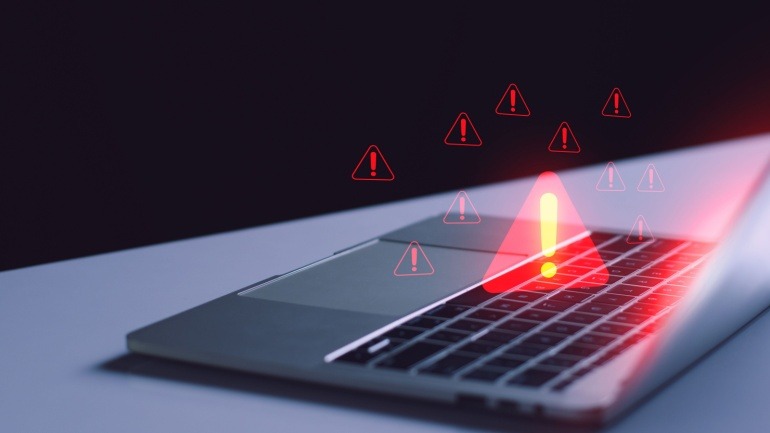NTT Docomo, Japan’s largest mobile operator, recently fell victim to a cyberattack. This distributed denial-of-service (DDoS) attack caused a major system disruption that went on for nearly 12 hours. The attack began early in the morning, affecting the company’s website and its ‘goo’ portal. Thankfully, mobile and other communication services remained largely unscathed, but users experienced issues accessing the ‘d payment’ mobile money service.
DDoS attacks have become more frequent in the telecommunications sector and with increasing potency. Though the attack on NTT Docomo was relatively mild, the implications of more serious attacks could be severe, putting the personal data of millions at risk. For instance, last year, AT&T experienced a significant breach, exposing the data of 73 million customers on the dark web.
The motivations behind these attacks often include financial gain, achieved through extortion or selling stolen data. However, in the context of global political instability, state-sponsored hacker groups focus on surveillance and sabotage to advance geopolitical objectives. Such was the case with a series of cyberattacks last year on the US telecoms industry, attributed to the Chinese hacker group Salt Typhoon.
These attacks resulted in the compromise of data from nine major service providers, including AT&T, Verizon, and T-Mobile. US Senate Intelligence Committee Chairman Mark Warner commented, “the worst telecom hack in our nation’s history – by far,” underscoring the gravity of these breaches.







